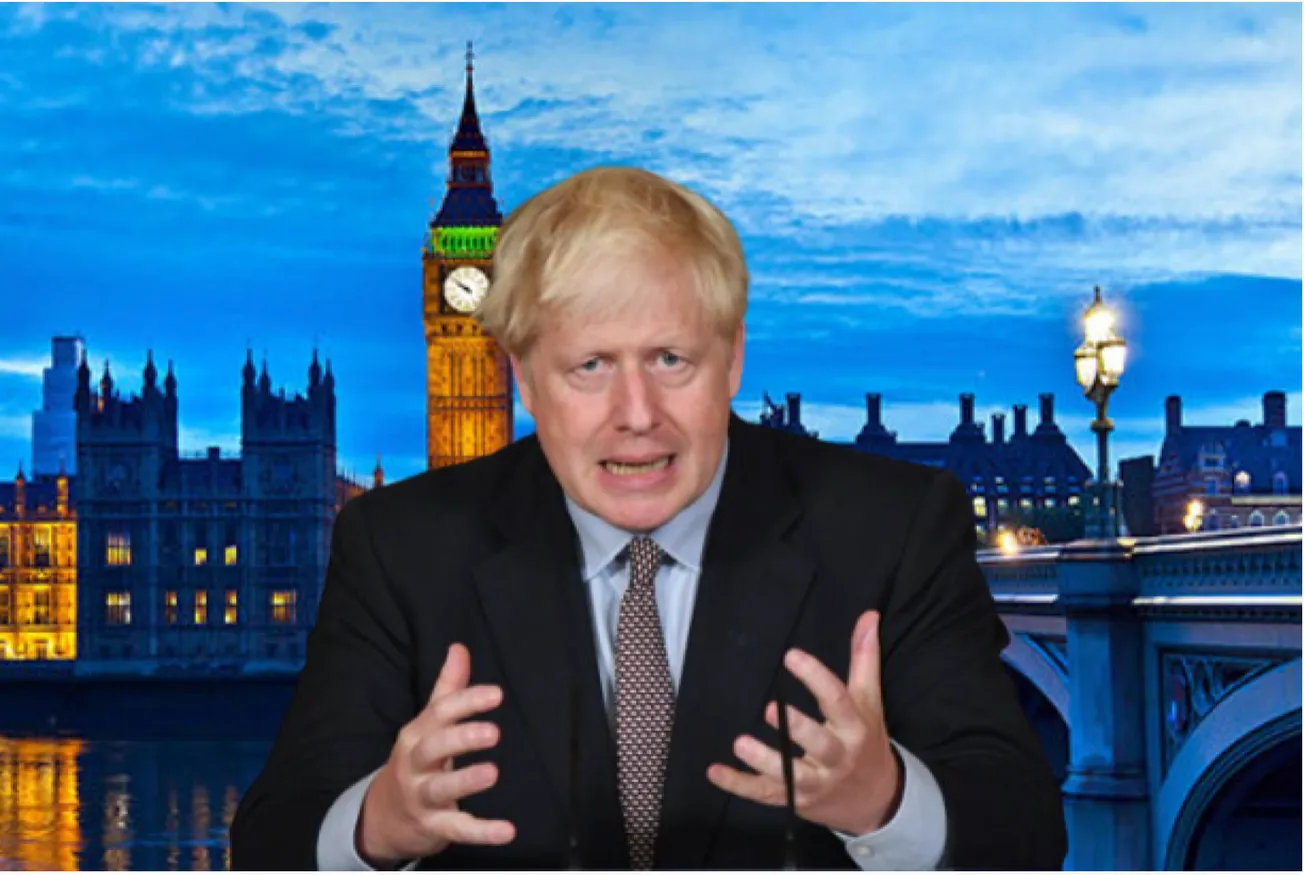Table of Contents
Kurt Mahlburg
mercatornet.com
Kurt Mahlburg is a writer and author, and an emerging Australian voice on culture and the Christian faith. He has a passion for both the philosophical and the personal, drawing on his background as a graduate architect, a primary school teacher, a missionary, and a young adults pastor.
The political winds have swung and Boris Johnson has some dignity to restore after the shameless hypocrisy of the “partygate” scandal. So Friday we woke up to the news that the pandemic is effectively over in England.
As of next week, vaccine passes, mandatory face masking and the work-from-home order will be scrapped. Self-isolation requirements will not be renewed when they expire in March. The Times has also reported that, beginning in spring, local Covid testing centres will be mothballed.
Yes, the UK has seen a significant drop in cases in the last fortnight. Yes, Omicron is far less deadly than previous variants, and what it was feared to be late last year. And yes, Britain has always known that they would need to ultimately “live with covid” as its citizens do with the flu.
But this has always been political — swayed by the mood of papers and popular opinion. Scientific modellers and medical experts were consulted without fail when restrictions were tightened. Resolve and common sense won out each time restrictions were relaxed.
Remember the days — even months into the pandemic — when no restriction, no sacrifice was too extreme if it meant saving “just one life”?
What has changed today isn’t the death rate. Even with Omicron, hundreds of Britons sadly succumb to Covid-19 daily. What has changed is our perspective. It took two years but we have finally accepted that a virus, as dire as it may be, cannot hold us ransom forever. It’s not a coincidence that Boris now feels the same. It’s politics.
Saving face means proclaiming that all the restrictions of the past were worth it, even as they are cast aside like political deadweight today. “Although we must continue to remain cautious, the data are showing that, time and again, this government got the toughest decisions right,” Johnson told MPs in the House of Commons on Wednesday.
Expect to hear many such declarations from Presidents and Prime Ministers in coming months — especially those launching re-election bids.
The data is actually not so clear cut. As former Assistant Secretary-General of the UN, Ramesh Thakur, wrote this week in The Spectator:
“Austria and Sweden are perfect examples of one the world’s most and least restrictive countries in regard to Covid management policies… with comparable vaccination coverage, Sweden’s lighter touch approach on the severity of mandated restrictions yielded better ICU and mortality outcomes. The gap is even wider on all-cause excess mortality, suggesting greater collateral public health damage in Austria.”
The charts Thakur provides tell a surprising, if ignored, story.
The high price paid, not just by nations but individuals, is yet to be fully counted. In a recent column called “We Let People Die Alone”, Brendan O’Neill tells the heart-breaking story of a man banished to a hospital car park as his wife died with no loved ones by her side. He writes:
“We need a reckoning with what happened to us as a country during lockdown. We need to assess how this country of ours got to a point where a man was left weeping in a car park while his wife died on her own inside the building. ‘But restrictions were necessary’, people say. Yes. Sure. But the idea that there could be no leeway with those restrictions, no relaxation of them in human emergencies, no case-by-case judgement of when the rules might have been utterly upended in the name of the human good, should be viewed as preposterous, alien and unforgivable.”
These last two years, our future has been written for us by the prognostications of modellers who overstated their case one too many times — and by the masses and MPs who believed them.
Let us then turn to a more reliable prediction for the years ahead.
As with the invasion of Iraq, in the coming decade it will be difficult to find a politician, pundit or even a member of the public who really believed in all those heartless restrictions.
With Covid enthusiasts still shouting at us in megaphones, this forecast might be hard to envision. But be assured it is coming.
That’s politics.









